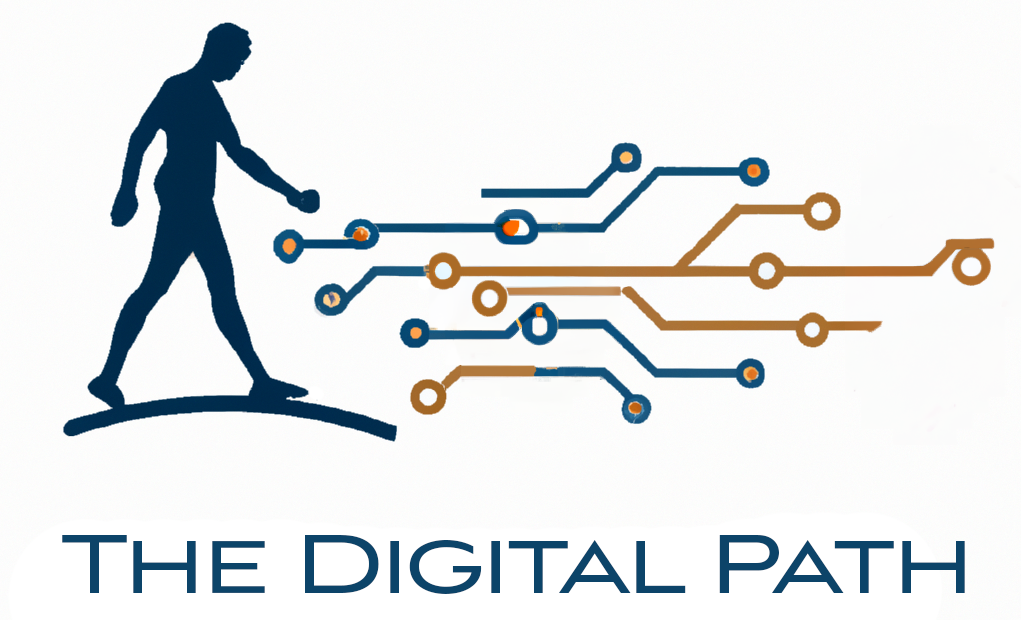
In a world where everything moves faster than ever, many of us are seeking something deeper a connection that goes beyond the chaos, a place to find peace, meaning, and belonging. What if we could find that connection in the palm of our hands? As technology grows, it’s not just changing how we work or communicate; it’s also transforming how we experience spirituality. AI is quietly becoming a part of this journey, offering new ways for us to explore our faith and connect with a community, no matter where we are.
In my essay, I’ll explore the growing role of AI in shaping spirituality, faith, and community. More specifically, I’m interested in how companies and platforms use AI to cater to spiritual needs by offering products and services that are personalized and accessible. It’s fascinating how AI, through apps, websites, and virtual services, is connecting people to a more personalized spiritual experience. But here’s the question: how do these digital tools really impact our beliefs and the way we practice spirituality?
I’ll be focusing on the “how” and “why” of AI’s involvement in spirituality. How are these platforms using AI to shape our spiritual practices? And why are companies investing in this space? Companies are using AI to gather data and create experiences that align with people’s spiritual needs, whether it’s through prayer reminders, meditation apps, or virtual religious gatherings. But there’s something that gets lost in all of this AI doesn’t have beliefs or emotions. It simply caters to what the users want, often shaped by algorithms that learn from our behaviors.
I’ll also examine the ethical side of this topic: how does it affect the community and our understanding of faith when AI becomes part of the spiritual process? Is it truly creating a deeper connection, or just a convenient substitute for real human interaction and reflection?
The sources I plan to use include both fictional and non-fictional works. I’ll dive into AI’s capabilities through articles on its impact on religion and spirituality, such as those from the Stanford Encyclopedia of Philosophy, which explores AI’s ethical implications. I’ll also draw from real-world examples, like meditation apps and virtual religious services, that show how technology and AI are increasingly blending with spirituality.
I might face challenges staying focused on the ethical dilemmas of AI in spirituality, as the topic is broad, but by setting clear boundaries, I believe I can make a strong, interesting argument that reveals both the benefits and dangers of AI’s growing role in our spiritual lives.